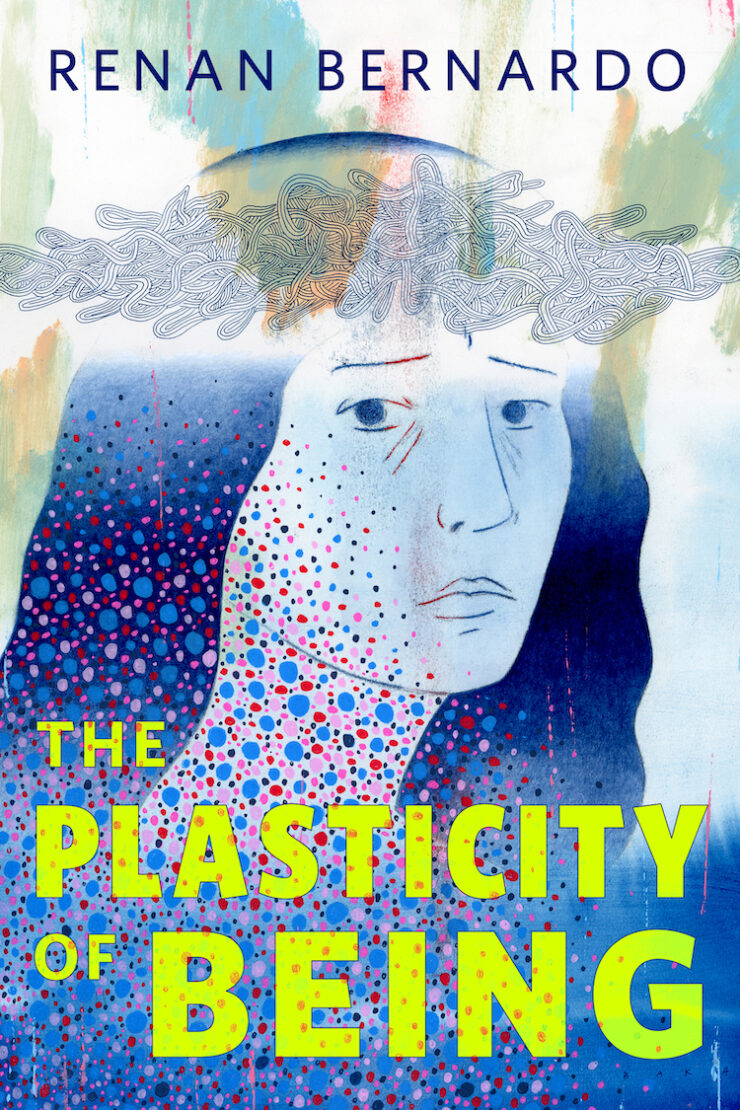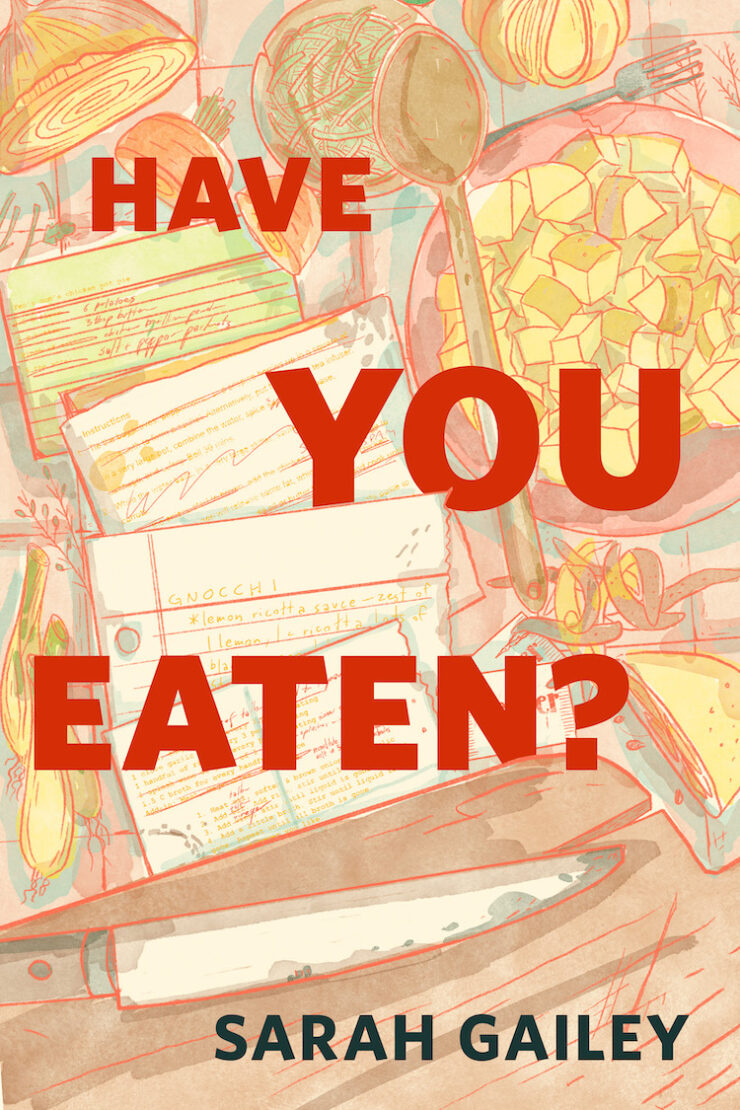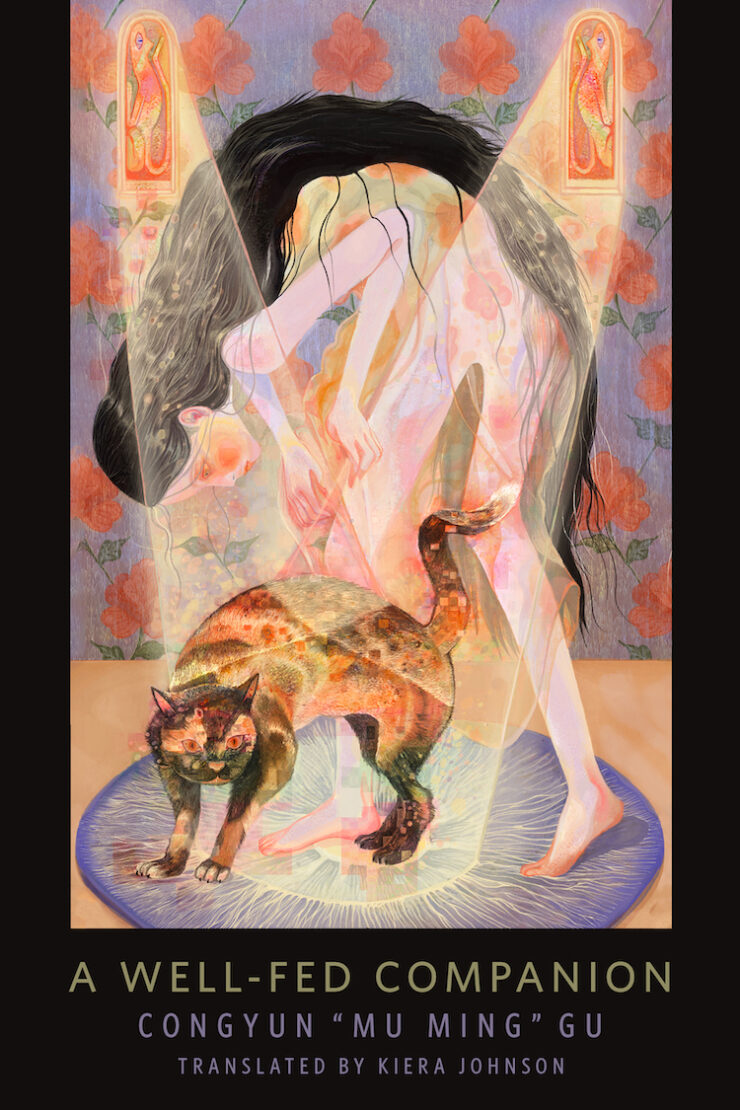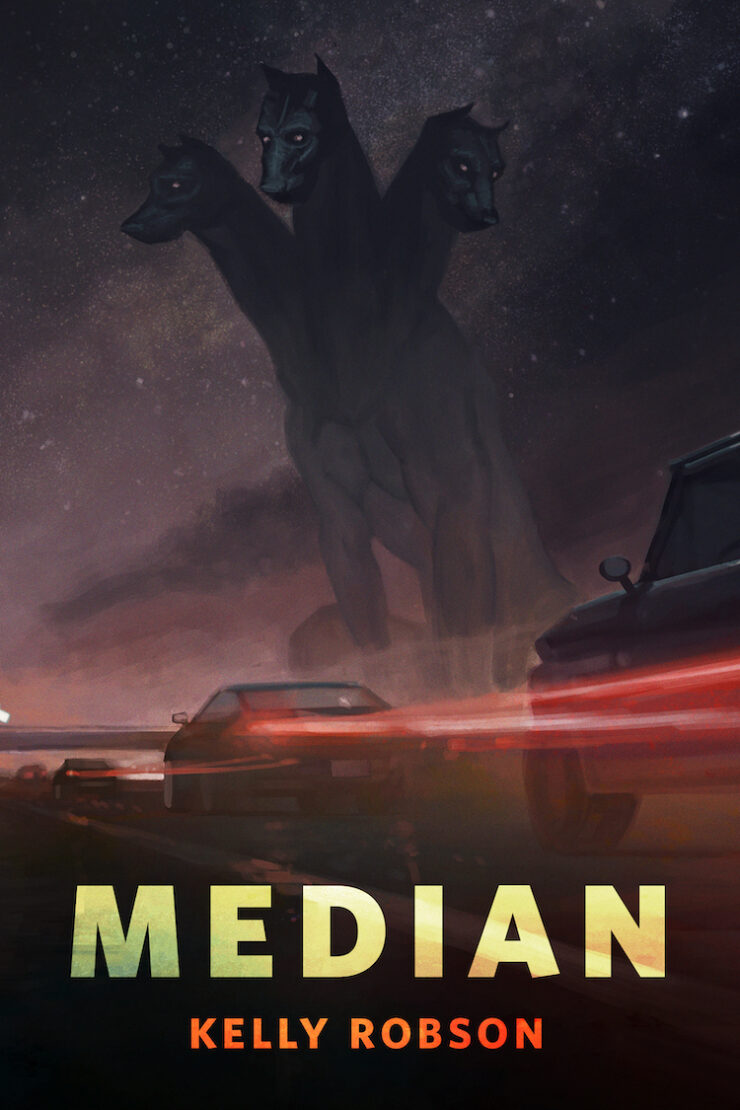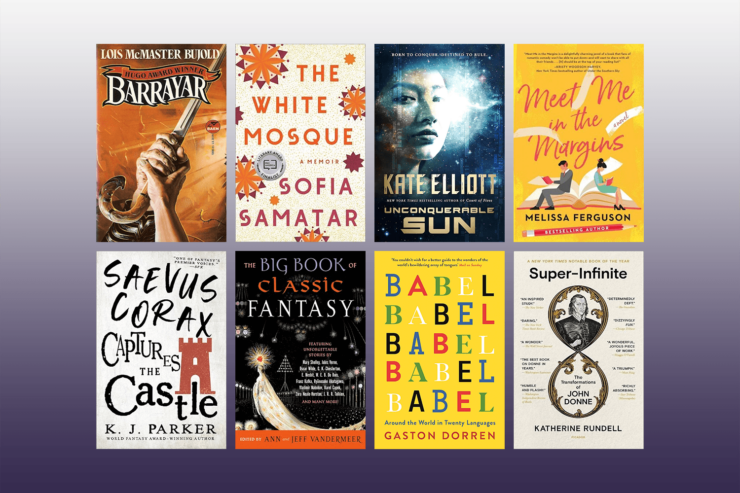November was a dark cold month spent entirely at home, reading and trying to write. Whose idea was this? Oh all right, mine, but having the clocks go back wasn’t my idea. Anyway, I read 26 books in November, and some of them were great and some of them were interesting, and one or two I hated, but they’re very varied.
The Renaissance of Letters: Knowledge and Community in Italy 1300-1650, edited by Paula Findlen and Suzanne Sutherland (2019)
This was an absolutely terrific book collecting essays about people writing letters in Renaissance Italy. The absolute best bit was that there was once a genre of “mailbag novel” where the conceit was that a mailbag had been stolen for good and sufficient purposes, and a particular letter had been removed, but here were the rest of the letters, all sent at the same time from various senders to various addressees. I love this idea so much! I was also charmed to know that Erasmus was on the toilet in San Marco at the moment when three nuns got struck by lightning. The quality of writing varied, as you’d expect, and my level of interest varied too, but I generally adored this book and found even the bits that weren’t at all useful really nifty.
number9dream, David Mitchell (2001)
So this is an early novel, and it’s weird. I didn’t like it because it is too violent and disconcerting, and because it uses some techniques of daydream-into-text that made me wonder if things were real more often and for longer than necessary. But it’s brilliantly written, and intense—which isn’t good when it’s close-up Pulp Fiction-style violence —but I couldn’t even consider stopping reading it. So, interesting, grabby, well written, but not actually fun. Great Japanese setting. Fascinating use of documents within story. Don’t start here.
The Italian Fake Date, Stefania Hartley (2023)
This was thoroughly mediocre. There was some OK Italy, there was some OK fake dating, there was an acceptable romance, there was a shallow search for birth parents—this wasn’t actively awful. Talk about damning with faint praise, but that’s all I can say. If you really, really want a romance novel set in Italy and you’ve read all of Nicky Pellegrino and Jules Wake, this one is just about adequate.
Super-Infinite: The Transformations of John Donne, Katherine Rundell (2022)
I read this because all my friends were reading it and saying how great it was, and they were so right. This is an intense and powerful biography of John Donne that understands Donne and his world and made me understand them too. A strange, complex man, seen clearly and unsparingly but with sympathy at all points in his life. There’s also very good discussion of what evidence we do and do not have and how we can and cannot make assumptions from it, which would be worth the price on its own. Highly recommended.
Miss Buncle Married , D.E. Stevenson (1936)
Sequel to Miss Buncle’s Book and it isn’t as good, but how could it be? Indeed, it’s nonsense really, just slight contrived nonsense, but very well done and a lot of fun to read. Read Miss Buncle’s Book first and only go on to this if that really delighted you. Even weaker Stevenson is fun, though.
Purgatorio, Dante Alighieri (1321)
I like Purgatorio and Paradiso better than Inferno, probably because they’re more surprising. I love the beginning of Purgatorio where he’s trying to find the way in, and how difficult it is to climb the mountain, and his reflections on which shelf he belongs on. I also love that the beginning starts with a long invocation to the muses, in something that’s so, so Christian. However, I’m really feeling the lack of notes in this version—Ciardi always reminds me who everyone is in such a useful way, and I’m going back to that translation next time, though this one is very smooth and poetic. Also in Purgatorio is my favourite bit of Virgil, where they meet the Mantuan fanboy and Virgil is gracious. However, the end where Dante loses Virgil and Virgil tells him he’ll never see him again (because Dante will go to Heaven when he dies and Virgil lives in Limbo) is extremely sad, and makes me glad I don’t believe in this cosmology.
Long Time No Sea, Portia MacIntosh (2023)
Isn’t it a great title? A group of people who were best friends and sometime partners in high school get together for a ten-year reunion on an island and everything goes hilariously wrong and then right again. A little contrived, and questionably plausible, and while it’s sometimes hilarious at other times I found plausible solutions suggesting themselves to me when they did not suggest themselves to the characters. The dialogue and the characters were solid, though, and the book as a whole was fun.
The Blighted Stars, Megan E. O’Keefe (2023)
This is a very claustrophobic SF novel about people being taken over by parasites, though it looks like a space opera. Some of the things that looked like really bizarre worldbuilding choices were because of the parasites. Another book that’s almost brilliant. I don’t know what’s wrong with me, I should have loved this, but all I want to do is carp at it. Another book that was nearly brilliant but which I wanted to like more than I did.
The Wish List, Sophia Money-Coutts (2020)
Hilarious romance novel about a woman who makes a list of everything she wants in a partner and then gets a partner who has everything on the list only to find he isn’t what she wants at all, and somebody else who has none of the attributes has been there all along. Well written, with genuinely funny situations arising out of character. It also features people who work in a bookshop, who are all very true to life. All round excellent, even if the very end made me roll my eyes.
Complete Short Stories, Elizabeth Taylor (2012)
Published in 2012, but Taylor died in 1975; this is a new collection of old stories. Absolutely brilliant biting little stories about class and marriage and English people. In many of them, nothing happens at all, but they’re vividly powerfully described, and very memorable. It’s very interesting to see how she does it. There’s not even murder or romance a lot of the time, just sharp, snagging moments of people’s lives.
Barrayar, Lois McMaster Bujold (1991)
Re-read. Bujold’s worldbuilding is so great. And her characters are so great. And everything fits together perfectly. I wanted to read something that was as well-written as Taylor’s stories but set on another planet and this was what I immediately thought of. Barrayar is about motherhood, and how a marriage changes in the early years, and culture shock, and sexism, and class, and power, and all these things Taylor is also writing about, but on another planet which makes everything more interesting and complicated. I’ve always loved this book, I have a long post about it, and if you haven’t read Bujold, treat yourself now.
The Miss Dennis School of Writing, Alice Steinbach (1976)
Disappointing non-fiction collection of essays by a writer whose travel writing I have very much enjoyed. These were columns from a newspaper and they very much seemed like that, too short, too shallow, and not quite solid. This was good enough to read, but not good enough to re-read. Her other work is much, much better. Oh well.
Babel: Around the World in Twenty Languages, Gaston Dorren (2018)
A breezy survey of the things that make the top twenty most spoken languages in the world interesting and weird, written for an interested layperson at a good level of explanation and interest. Gaston Dorren is himself Dutch, which makes this an inherently more interesting book than if it had been written by someone whose first language was English, especially for the section on English. (Like every Dutch person I’ve ever met, his English is perfect.) Really interesting and fun to read.
Mirror Dance, Lois McMaster Bujold (1994)
Re-read. Perceptive readers will realise that Mirror Dance does not follow Barrayar and may be asking themselves what the heck I was thinking. The thing is that I was asked ages ago to be on a podcast about Mirror Dance, and I said I would, and I didn’t intend to re-read it first (I know it really well) but then I enjoyed reading Barrayar so much that I thought I would, and consequently I was really up on all the details for the podcast. Mirror Dance may be the best one of the series; it’s wonderful and powerful and impossible to discuss without spoilers, and if you haven’t read it you shouldn’t read it without having read the books that come before it. I have a post on this one too. It, like Barrayar is about family, but in a very different way.
The Once and Future Sex: Going Medieval on Women’s Roles in Society, Eleanor Janega (2023)
Useful book pointing out that history was not the way we might imagine, but ever so slightly simplistic and patronising toward the reader. It’s also notably weird that her examples are from all over Europe—Italy, Poland, Spain, France—and then in the chapter on agriculture it’s all England, England, England, as if nobody planted anything anywhere else. It’s notable because England and France are really different from Spain and Italy on this, and—I know this. I don’t know everything about everything she’s writing about, I don’t know a thing about Poland, but if she’s over-simplifying and relying on narrow examples in an area I do know about, then how can I trust the book more generally? If you think the whole past is Jane Austen, this book might be revelatory, but I don’t think I am quite the target reader, and I kept feeling patted on the head.
The Judge, Rebecca West (1922)
Just don’t read this. So, you know there are books with soft racism, like Ransome using “native” to mean grown-up, or people trying so hard to be anti-racist they seem weird? This book is just straight-up racist and anti-Semitic, there’s nothing soft about it, and the racism is sprinkled all through it like poisoned raisins in a pudding, so I kept slamming up against it when off guard. Also, while it has beautiful sentences and descriptions and an interesting main character who is a suffragette and also independently just interesting, the book as a whole takes a downward turn into pointless melodrama towards the end which makes the whole thing pointless and annoying. I kept reading it because I cared about Ellen and I kept gagging on the racism and wondering if it was worth it for the descriptions of Edinburgh and the Pentland Hills and I wanted to know where it was going, and then the whole book leapt off a cliff. I like West’s non-fiction, I have enjoyed other novels of hers, but please allow me to spare you from reading this one.
The Big Book of Classic Fantasy, edited by Ann and Jeff VanderMeer (2019)
They’re not kidding when they say big, this is enormous and incredibly wide-ranging. There’s a whole nineteenth-century Korean novel in here, as well as masses and masses of other things, some of them not fantasy at all by my definition, some of them newly translated or translated for the first time, some familiar, some really not. It contains a nauseating example of the Victorian fairy genre that Tolkien was yelling at in “On Fairy-Stories.” It contains Kafka’s Metamorphosis. It has John Carter of Mars and the first Fafhrd and the Grey Mouser story and tons of surreal fiction, some in translation. There was a surprising amount I hadn’t read, and I have read quite a bit. Some of it is very good, some of it isn’t, and I did not read every word of every story because I stopped whenever I wasn’t having fun. This book goes beyond being comprehensive and out the other side. Very glad I read it and have it for future reference. Also kind of relieved to have finished it, to be honest. But it ends with “Leaf By Niggle,” which is a thing of beauty and a joy forever.
Meet Me in the Margins, Melissa Ferguson (2022)
Romance novel about editors and a secret room and editing and one person not knowing the identity of the person who is helping her write. Surprisingly good, and if not exactly realistic, plausible enough on the levels where it needs to be—I could just about believe in both the romance and the misunderstanding. Fun if you want this kind of book.
The White Mosque: A Memoir, Sofia Samatar (2022)
Vivid, powerful, and fascinating travel memoir of visiting Central Asia to research the apocalyptic Mennonites who journeyed there in the nineteenth century, and how this connects up with Samatar’s own Mennonite and Somali heritage. Beautifully written, as anyone who has read her fiction would expect, and also thought provoking and honest. Very readable too. Recommended.
The Sicilian’s Virgin Bride, Sarah Morgan (2007)
Tosh. I’d read something else by Morgan that was OK, and this was set in Italy but… this is the old-fashioned kind of romance novel that I did not miss, where the hero is villainous until his heart is melted by love, only now with added sex scenes. The sex scenes are so terrible! One contains the line “she felt something warm and dangerous uncoil in her pelvis” and no kidding, I started thinking about aliens. Too many Big Misunderstandings and dunderhead plotting, the kind that only works if everyone is a complete dunderhead. There wasn’t even enough Italy to make it worth it. Only read this if you’re down to this or The Judge.
A Short History of Florence and the Florentine Republic, Brian Jeffrey Maxson (2023)
Maybe I’ve been reading too much other Renaissance history so I’m not the target audience for this. I enjoyed Maxcon’s book on humanism and was disappointed to find this was not much more than just a skim through the period.
Unconquerable Sun, Kate Elliott (2020)
Alexander the Great in space, and the Persians have four arms! What’s not to love? Seriously, this is a lot of fun and a very good example of how complex real history is and how comparatively shallow much future history is. You don’t have to know a ton of Alexander to enjoy this, but if you do you will have fun saying “Oh there’s Kleitos” and so on. This was an extremely enjoyable read, and the whole arc was great, as usual with Elliott, the characters were excellent but (also as usual for Elliott) there are slightly too many points of view. Really terrific, and I look forward to the rest of the sequence.
428 AD: An Ordinary Year at the End of the Roman Empire, Giusto Traina (2007)
Oh this was a fun book! Traina takes the end of the Kingdom of Armenia as a significant date and surveys the whole Roman Empire in a sweeping wheel starting from Armenia and going around clockwise until it gets back there (with some Persia thrown in.) The people, the politics, the barbarians, the schisms—a readable, enjoyable survey that does look forward and back but is mainly focused on its one moment. I know all the history but it was really neat seeing it pulled together in this unusual way. Modern academics have a habit of studying one country at a time, which makes sense for modern history but not at all for Late Antiquity, so seeing something like this is refreshing.
Saevus Corax Captures the Castle, K.J. Parker (2023)
Fantasy of logistics, volume 2 of new series, I read volume 1 last month and just assume I’m repeating everything I said then. Twisty plots, implausible escapes, cynical first-person narrator. It’s funny though. There are lots of much better books in this month’s list, but the two things I found most delightful were this and the D.E. Stevenson.
Final Acts: Theatrical Mysteries, edited by Martin Edwards (2023)
Lovely anthology of old mystery short stories with a theatrical theme, none of them outstanding, almost all of them good and fun and enjoyable. Edwards keeps putting together these anthologies and they keep being great. Murder on stage, murder in the dressing room, suicide that was supposed to be murder… really fun mysteries with a theatrical setting.
Men Explain Things To Me, Rebecca Solnit (2014)
Volume of essays from Solnit, including her original “mansplaining” essay and lots more; thought provoking and well written.
Jo Walton is a science fiction and fantasy writer. She’s published two collections of Tor.com pieces, three poetry collections, a short story collection and fifteen novels, including the Hugo- and Nebula-winning Among Others. Her novel Lent was published by Tor in May 2019, and her most recent novel, Or What You Will, was released in July 2020. She reads a lot, and blogs about it here irregularly. She comes from Wales but lives in Montreal. She plans to live to be 99 and write a book every year.


